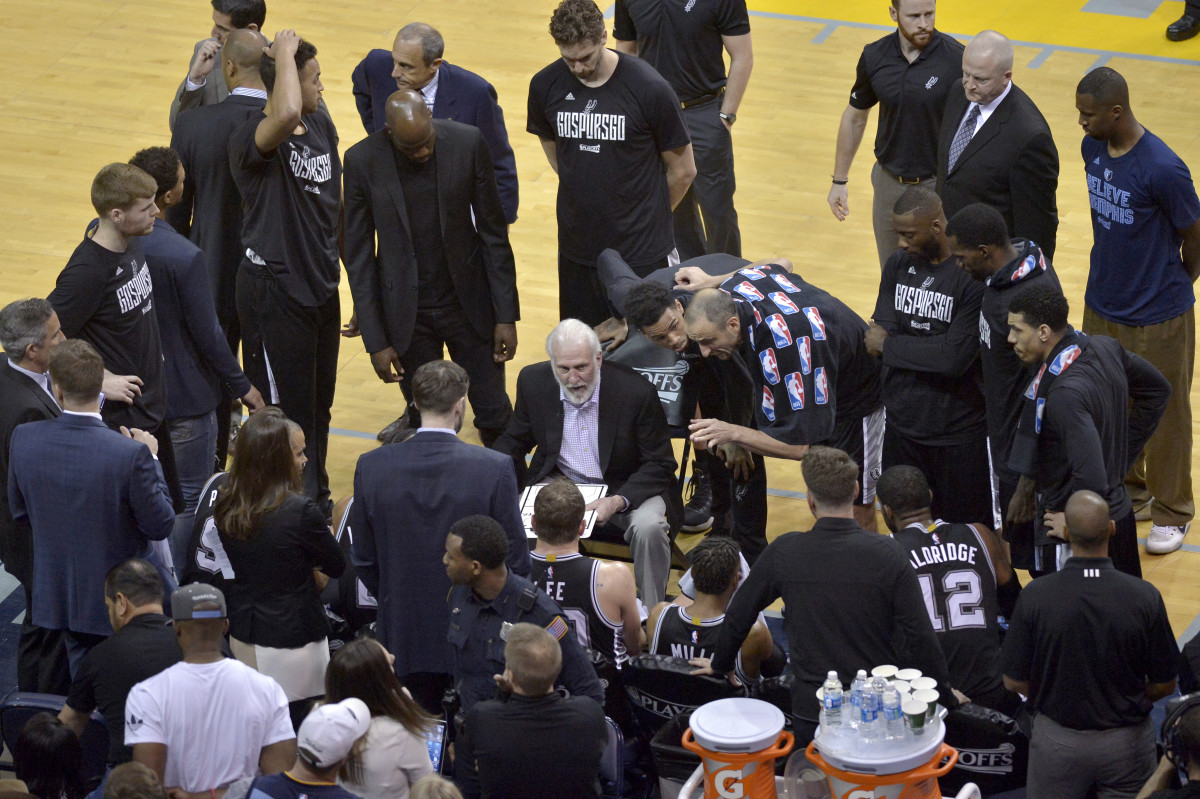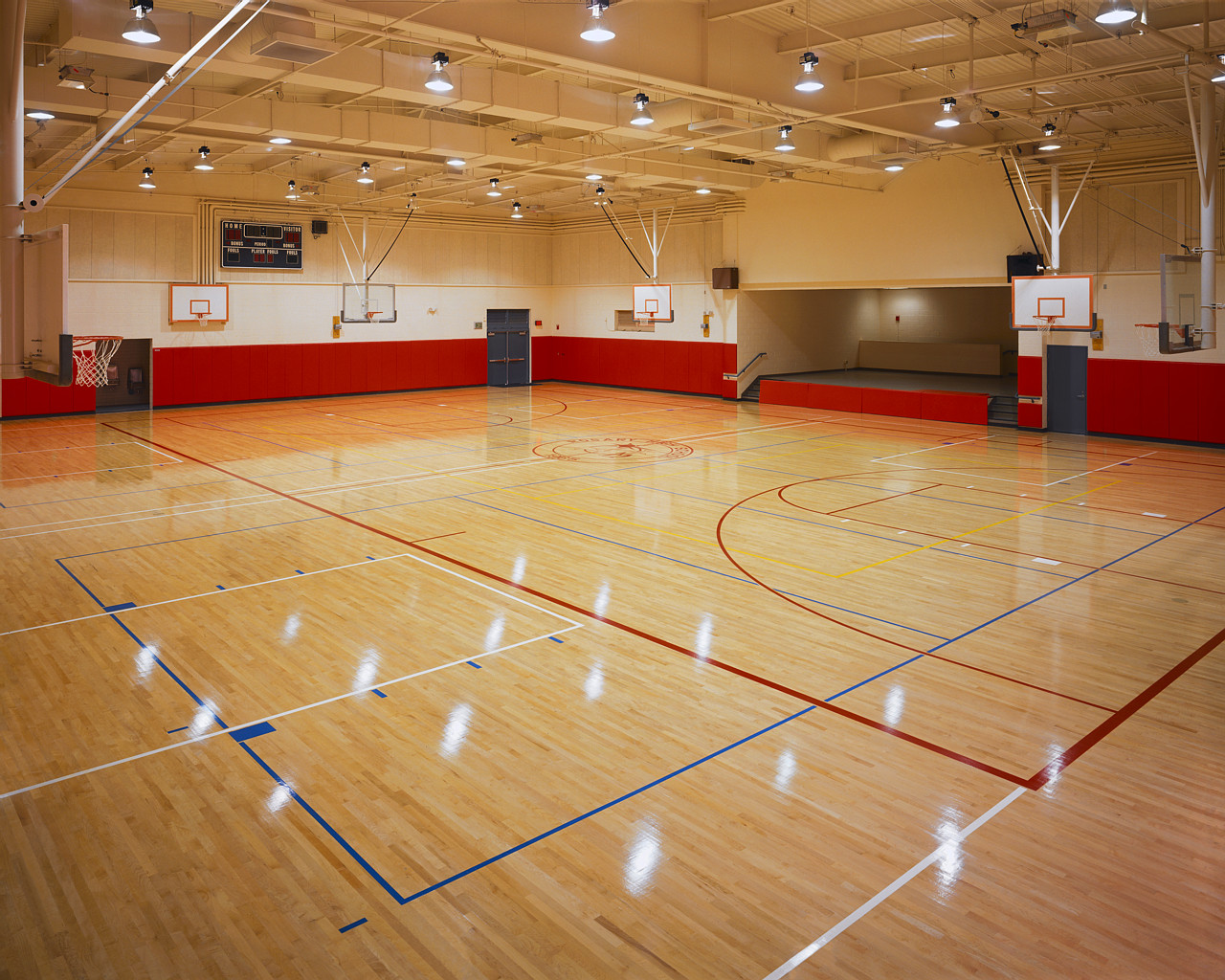(Blog post for November 29th)
Finally! I think I am actually ready to move forward and start my research.

Let’s begin with a quick review of where we left off. In my last blog post I shared how disappointed I was after my initial research idea was rejected and how that disappointment transformed into general disillusionment with the research process. Thankfully, my dad had an idea that re-invigorated me and I signed off on my last blog post optimistic about my next steps.
Fast forward a couple months and I finally have a defined path that I am cautiously excited about. In the mean time though, a lot has happened. Most notably, I finished my literature review for KIN530. I focused on the concept of perceptual-cognitive expertise with the idea that I would eventually recreate my father’s research methods (he did a similar master’s degree program as a hockey coach) within a basketball context. But after submitting my literature review I was dismayed to be feeling apathetic again toward my research topic. Something just wasn’t right. Perhaps it was general burnout resulting from teaching, coaching, and studying or perhaps it was the lasting bitterness from my head coach being fired last year; regardless, I knew I wouldn’t be successful feeling the way I was. I opened myself back up to new ideas, contacted people in my basketball circles, and eventually I landed on an idea that excited me. I’ve always been interested in the influence a coach wields over their team during gameplay. Whereas the rulebook used to favour coach intervention (7 timeouts able to be called during live play, 30 second shot clock), recent FIBA rule changes (5 timeouts only able to be called on dead balls, 24 second shot clock, 14 second shot clock reset) have drastically reduced a coach’s ability to control tempo and tactics. Still, coaches have some tools at their disposal to try and give their team an edge. I have decided to focus on one such tool: timeouts.
So many coaching decisions are based on conjecture and rightfully so. It would be exceptionally difficult to have robust and pertinent data available in real time to help support coach decision making. The ‘art of coaching’ will always be part of coaching effectiveness. That said, in my opinion the criteria used to define effective coaching could use a lot more evidence based practice. Too often a ‘good coach’ is one that has simply won a lot, notwithstanding how. The pseudo-revolution in NHL hockey is a prime example. Wildly successful coaches, largely regarded to lay people as some of the best in the business, are being outed for their caustic personalities and archaic means of motivating players. I believe that are very discrete aspects of coaching, especially game coaching, that can be evaluated independently from the outcome of a game. My first stab at exploring this hypothesis is looking at how coaches use timeouts.

Effective coaches enable better athlete performance. To that end, coaches are always looking for ways to alter the course of a game in order to support their players. In a basketball setting, coaches often use timeouts in an attempt to stop an opponent’s scoring run or to facilitate a scoring run of their own. The mythology of basketball dictates that there are ‘good’ times to take timeouts and ‘bad’ times to take timeouts though neither opinion is based on a critical mass of evidence. I hope to change that. By looking at Key Performance Indicators (KPIs) pre-timeout and post-timeout I hope to identify emergent patterns surrounding timeout usage. The contemporary opinion suggests that FIBA rules have reduced the amount of timeouts and the length too much for coaches to adequately influence game flow. Those who subscribe to this belief favour coaching during stoppages and saving timeouts for tactically significant moments related to the time and score of the game. On the other hand, there are those who swear by taking a timeout at the first sign of an opponent’s scoring run in hopes of motivating their players, reducing momentum, adapting tactically and otherwise grasping at straws to help in some way. By gathering video evidence form the 2018-2019 USport season, I will be able to comb through used timeouts and statistically analyze their effect on game flow. Personally I am torn. When I am coaching, I swear by using timeouts to help influence gameplay. As a researcher, I expect to find that timeouts have no significant impact on controlling scoring runs. I guess only time and well designed research will tell.
As I take my first official steps toward completing my research there are a few challenges that come to mind. First, there are so many moving parts associated with successful performance that it will be difficult to isolate the effect of timeouts. I hope to account for this by controlling for personnel changes during a timeout and timeouts used at end of clock situations (e.g. quarter-break, halftime, end of game). I am also concerned about which statistical analysis I should use. As a first time researcher I will need to seek support over and above my research methods training in this area. Although there will certainly be some challenges to conducting this research, there are also some benefits. Seeing as my data collecting will come solely from game film, I likely won’t need to go through ethics in order to conduct my research. Furthermore, due to my connections in the basketball community, I will be able to access the required game film easily and at my convenience.
Overall, I am excited to be finishing up the class based component of my masters program and starting my research. I am hoping the change of proverbially scenery along with having a singular focus will give me the boost I need to finish strong.
TL;DR: Thought I had a research plan, turns out I wasn’t feeling it. Came up with another research plan. I’m excited about it. Hoping to quantify effective game coaching in ways that dive deeper than just winning and losing. Zeroing-in on the effective use of timeouts to support athlete performance in game. Going to be difficult to isolate that particular variable but I have easy access to lots of data and don’t need to clear ethics. I’m excited to get started.
JP

Jackson, thanks for the blog post and I am glad you are feeling excited about your research. Please see some of my comments on your peer and expert consultation assignment as it relates to this blog.